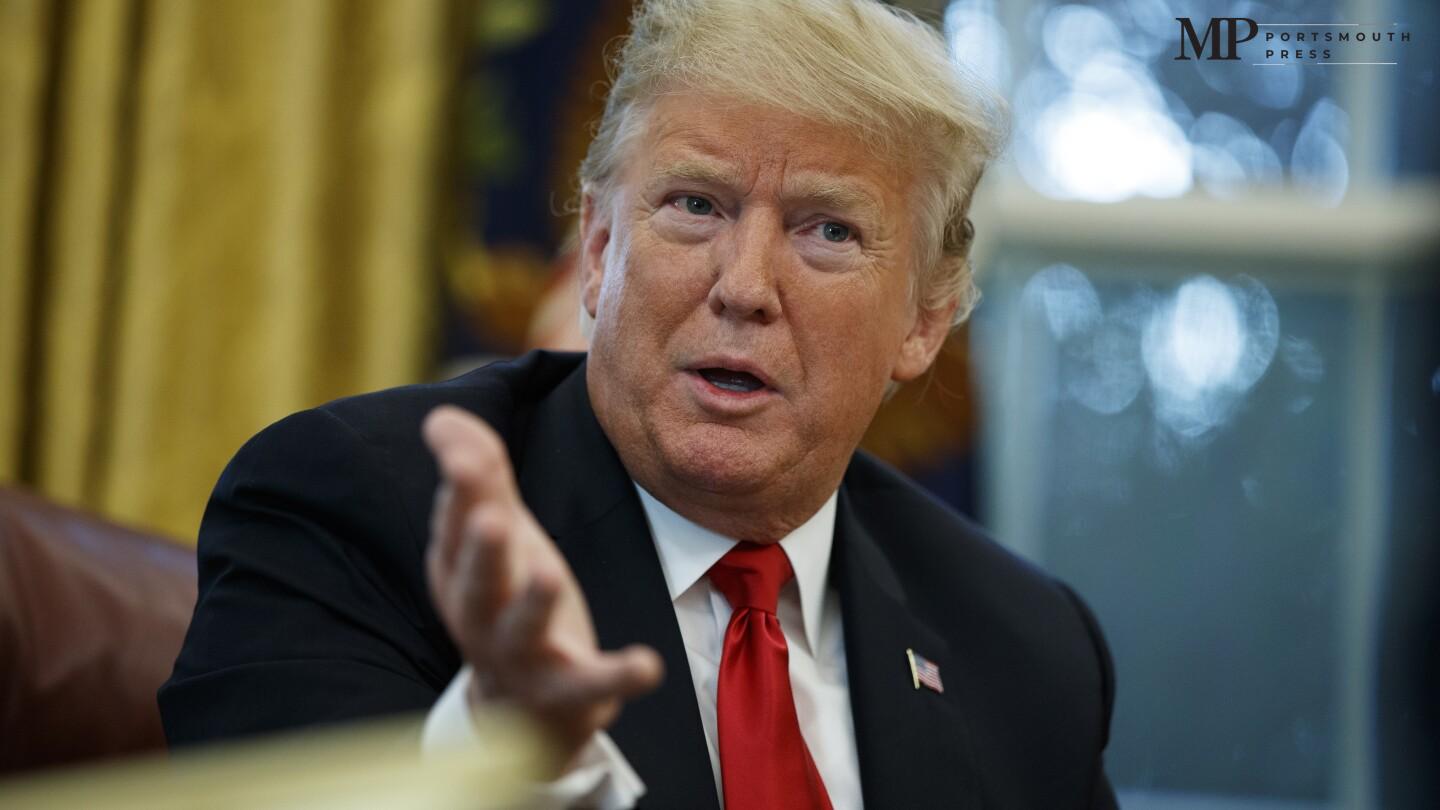In a bold move that has captured the attention of both supporters and critics alike, President-elect Donald Trump announced plans for a new agency named the External Revenue Service (ERS). This agency is set to take charge of collecting tariffs and other forms of revenue from foreign nations, with hopes of bolstering the U.S. economy. Announcing this initiative, Trump emphasized the necessity of ensuring that foreign countries contribute more to the U.S. coffers, especially those benefiting from trade with America.
The Launch of the External Revenue Service
Set to officially launch on January 20, 2025, the External Revenue Service aims to streamline the process of collecting tariffs, which is currently managed by U.S. Customs and Border Protection. Trump has claimed the new agency is essential to protect American interests, especially as he criticizes existing trade agreements as being too lenient towards foreign nations. His message is clear: it’s time for these countries to pay their fair share.
Questions Raised About Efficiency
While Trump is pushing for this new revenue collection agency, many experts are questioning the practicality of his plan. Economists are raising eyebrows about how an entirely new agency may overlap with existing entities like the Commerce Department and the already established Customs and Border Protection. The duplication of functions may end up complicating rather than simplifying the government processes intended to help U.S. citizens.
- Trump plans to impose substantial tariffs starting with:
- A potential 25% tariff on goods from Canada and Mexico.
- A possible 60% tariff on imports from China.
- He asserts foreign nations should financially contribute to the U.S. economy, especially those benefiting from trade with the United States.
Election Promises and Criticisms
During his campaign, Trump emphasized that the new External Revenue Service will help fulfill his broader economic agenda. Supporters argue that this move is essential to correcting what they perceive as an imbalance in international trade. However, Democrats and some economists are predicting negative outcomes. They argue such tariffs could lead to increased prices for American consumers.
Potential Tariffs on Other Nations
In his announcement, Trump voiced threats of substantial tariffs against nations like Mexico and Canada unless they act to control certain import flows and improve trade practices. The implications of these tariffs could ripple through various sectors, potentially raising prices on everyday consumer goods.
Looking Ahead: Economic Impact
Many are left to wonder what the real impact of the new External Revenue Service will be. On the one hand, it aims to strengthen U.S. revenues; on the other hand, the looming tariffs could have adverse effects on consumer costs. Current forecasts suggest that policies like these might escalate inflation, making basics more expensive for families across the United States.
Future Actions and Public Response
As these plans unfold, it is clear that they will require the approval of Congress, where Republicans currently hold a majority. This situation brings both hope and apprehension regarding the future of the U.S. economy and international trade relations. Some analysts are calling for cautious discussions, focusing on the potential economic repercussions rather than a rush to implement policies that could alter the financial landscape dramatically.









